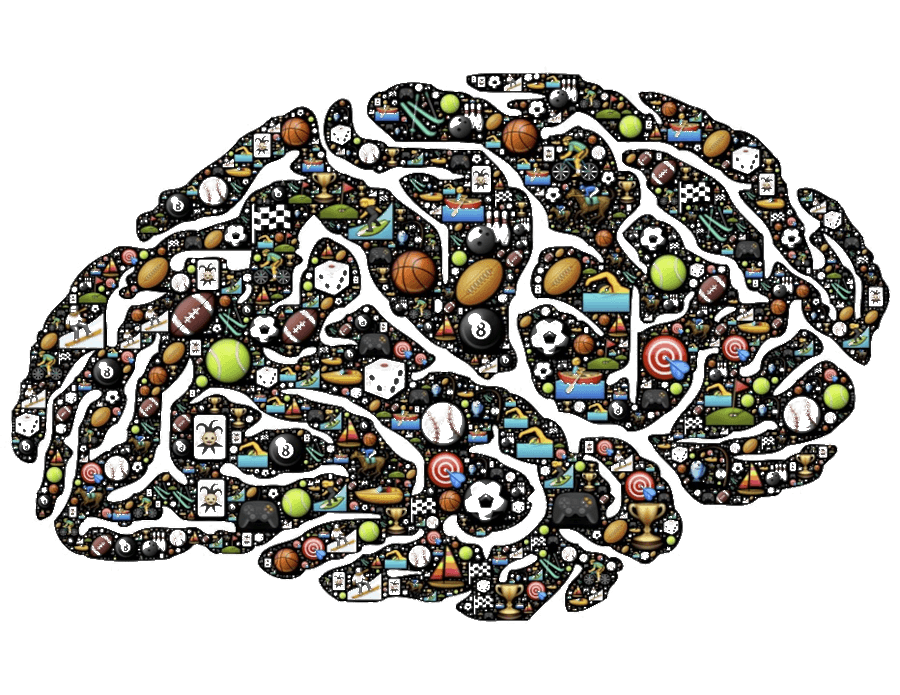
Anything may happen in the world of sports, and it is precisely this element of unpredictability that keeps viewers on the edge of their seats so frequently. Adrenaline may take over a fan’s body until the final buzzer or whistle sounds. Discover how and why activities such as sports and games may stimulate the intellect. Click here to learn about sports betting online. A sense of community and belonging
The right side of a spectator’s brain produces mirror neurons, which allow individuals to imagine themselves in the position of a player in the game they are watching. As a result, it is possible to interact with a player without having to communicate vocally, which can lead to the building of a personal connection as well as a sense of community among the squad members.
Mirror neurons have also been found in studies to allow humans to comprehend actions as well as the feelings linked with them in real time. For example, the presence of mirror neurons allows spectators to feel excited while witnessing physically demanding actions on the field, which can lead to an increase in heart rate and respiration rate.
Positivity in one’s emotions
Exhilaration is a sensation felt when a team scores a touchdown or advances to the playoffs. Many sports fans will be able to identify with this emotion. This exhilarating emotion would not be possible without neurotransmitters, which allow the brain to communicate with the rest of the body by transmitting impulses from one cell to the next. This experience would not be possible without neurotransmitters.
Dopamine is a neurotransmitter that aids in the maintenance of the brain’s pleasure and reward areas, which are ultimately responsible for determining how a person behaves physically and emotionally. As a result, if you are happy or delighted because your player scored or your team won, the brain will produce dopamine, causing you to feel good. This is due to the fact that dopamine is a neurotransmitter.
Testosterone
People’s hormone levels vary and their heart rates increase as they watch sports. This is owing to the fact that when a team wins, spectators’ testosterone levels rise, and when a team loses, testosterone levels plummet. Fights and riots are common in the aftermath of a championship victory because testosterone production is typically linked to the impression of supremacy that a fan feels.
Taking Action by Associations
Mirror neurons have been found to be strictly congruent, implying that they can fire from the brain when they see an action or movement that is similar to a spectator’s life. Mirror neurons that are broadly congruent, on the other hand, do exist. If a witnessed action that is not exactly the same as the spectated activity is performed, these mirror neurons will activate.
A spectator who has never played basketball but is watching a player attempt a free throw may be able to relate to the player because they recall throwing clothes into a laundry basket and, as a result, they may be able to relate to how the player is feeling while competing on the court.






